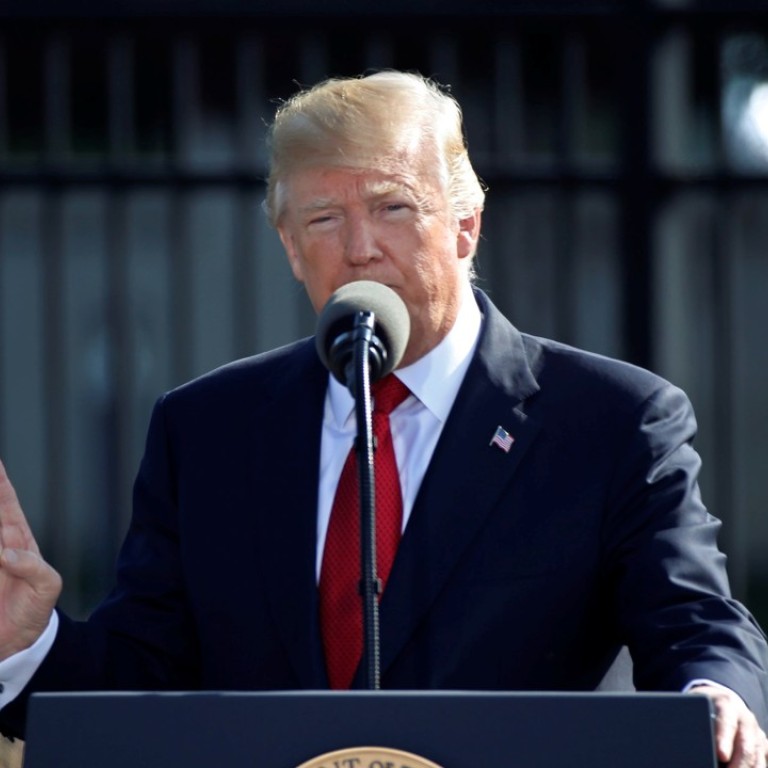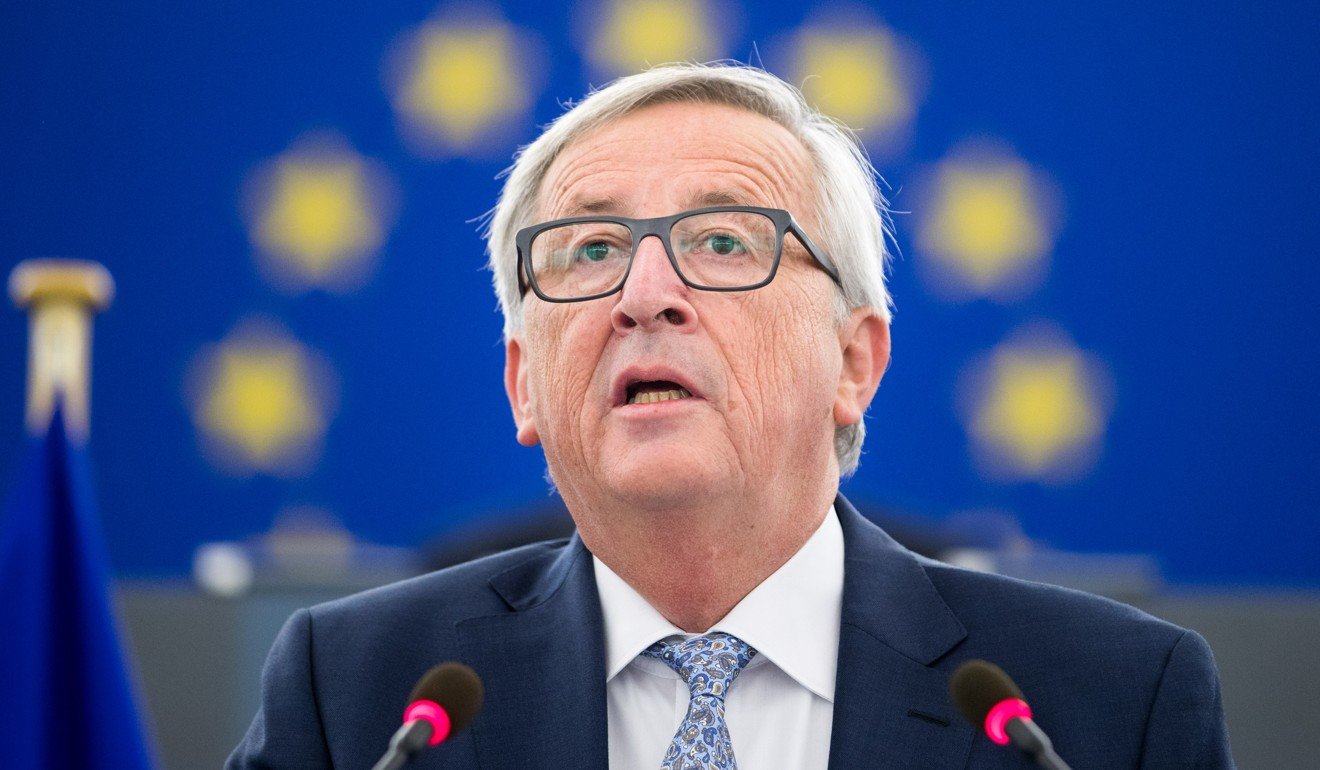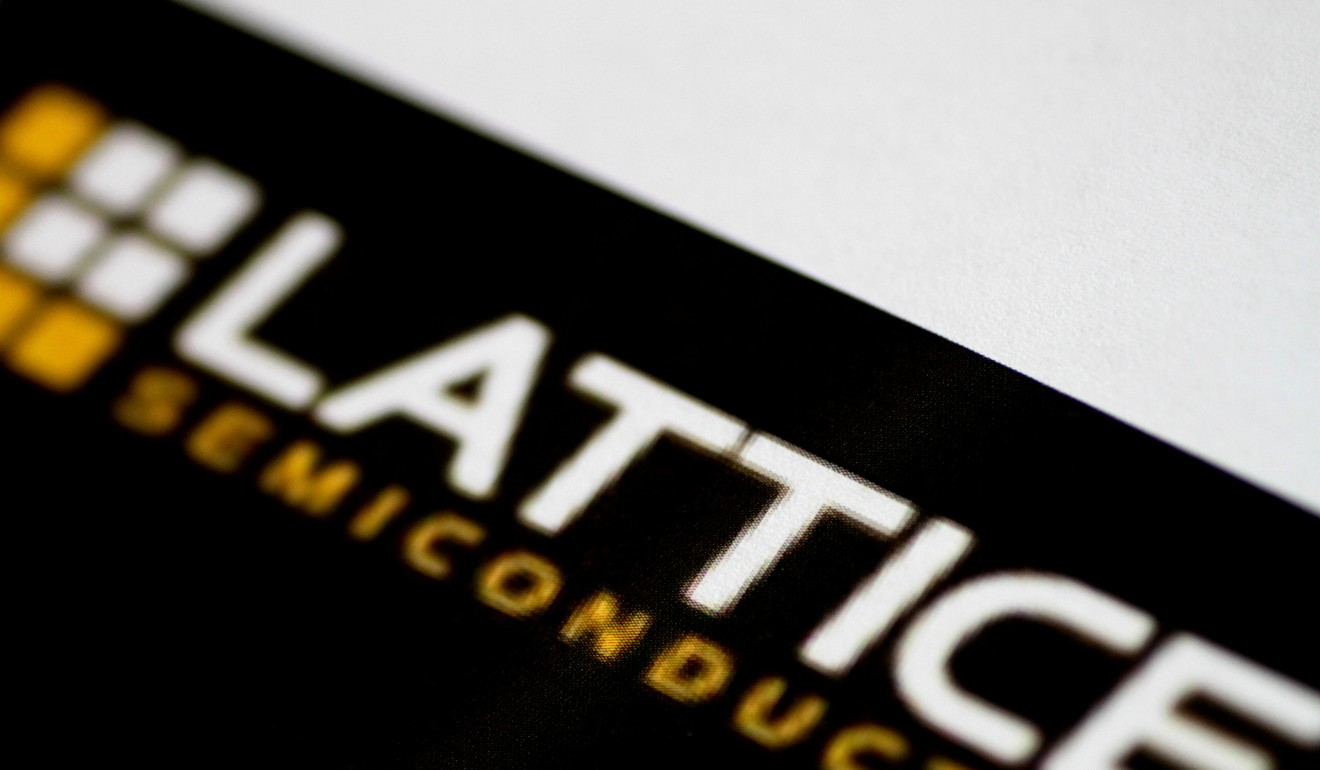
China’s plan to buy up foreign technology meets increasing resistance from US and Europe
Beijing’s drive to boost investment in hi-tech companies rather than property hits a stumbling block
China’s new outbound investment strategy, in which Chinese firms are being urged to stop buying luxury hotels and acquire technology instead, is facing a wave of resistance from the United States and Europe as they wake up to Beijing’s ambitions.
This week US President Donald Trump blocked a Chinese-backed investor from buying a semiconductor firm in America.
It was just the fourth time in over two decades that a US president had stopped a foreign takeover of an American firm due to national security concerns.
It is the latest example of a trend that has seen Washington tighten its screening process for inbound investments, especially from China.
Jean-Claude Juncker, the president of the European Commission, has also called for the European Union to be given greater powers to review foreign investments – a move that analysts said was aimed at Chinese companies although Juncker did state this specifically.
“If a foreign, state-owned company wants to purchase a European harbour, part of our energy infrastructure or a defence technology firm, this should only happen in transparency, with scrutiny and debate,” said Juncker in his annual state-of-the-nation speech on Wednesday.
The increased hostility from the US and Europe towards takeover deals by Chinese funds runs counter to Beijing’s new policy of restricting investments in property, hotels and soccer clubs.
Instead it wants to encourage investment in “high and new technologies” and “advanced manufacturing capabilities”, as well as infrastructure investments under the “Belt and Road Initiative” and projects that can facilitate Chinese exports.

Matthew Goodman, who served as White House coordinator for Asia-Pacific economic cooperation in the Obama administration, said the intensified scrutiny of Chinese investments in the US, Europe and Australia would be the “next big source of tension” between China and these countries.
Goodman told the South China Morning Post that it had been proposed in some Washington circles that the power of the Committee on Foreign Investment in the United States, an inter-agency body that reviews deals that could result in a foreign owner taking control of an American business, should be expanded to cover joint ventures and technology transfer agreements.
“Probably China would not be named in the legislation, but the executive branch might target China,” Goodman, who now holds the William E Simon chair in political economy at the Washington-based Centre for Strategic and International Studies.
Gao Feng, a spokesperson for China’s Ministry of Commerce, said at a press conference in Beijing on Thursday that the review of foreign investments in sensitive sectors should not be used as a tool for protectionism and that Beijing hoped that other countries had an “objective” view of Chinese firms’ overseas investments.
China’s foreign ministry said that Chinese firms had always played by international and market rules, and called for a level playing field for Chinese investors abroad.
China’s outbound non-financial investment slumped by 41.8 per cent in the first eight months from a year earlier to US$69 billion, as Beijing curbed what it called “irrational” overseas projects. Investment in desired areas failed to make up for the shortfall, according to data from the Chinese commerce ministry.
While Beijing is putting emphasis on areas like artificial intelligence, robotics and chip making in overseas investments, the countries it is targeting sees a potential threat.
While the Americans are more concerned about the possible theft of technology, the Europeans, who do not have equal access to Chinese technology, are worried that they will lose their competitive advantage.
On Wednesday, Trump stopped Canyon Bridge Capital Partners’ planned US$1.3 billion acquisition of Lattice Semiconductor, one of the largest attempted by a Chinese-backed firm in the US microchip sector.

Canyon Bridge is investing on behalf of a Chinese venture capital fund that is sponsored by China Reform Fund Management, a state-owned asset manager, according to Bloomberg.
Before the deal, HNA’s investment in Global Eagle Entertainment Inc, an in-flight internet service provider, and TCL’s proposed purchase of Inseego Corp’s mobile-broadband business, also failed to pass US security reviews this year.
In Europe, there is a similar concern that China is freely buying up European technologies.
Ding Chun, director of the Centre for European Studies at Fudan University in Shanghai, said Juncker’s call had shown the EU’s “fear” of Chinese investments.
“Germany has introduced similar measures to screen foreign investments,” Ding said. “The fact that Juncker brought this up means that the issue has reached regional level that could affect future EU policy towards China.”
Wang Yiwei, a professor with the School of International Studies at Renmin University of China, said Juncker’s proposal “reflects that developed countries are becoming more and more suspicious of China’s intentions ... they are increasingly worried about losing their competitive edge in the new round of global technological revolution”.


